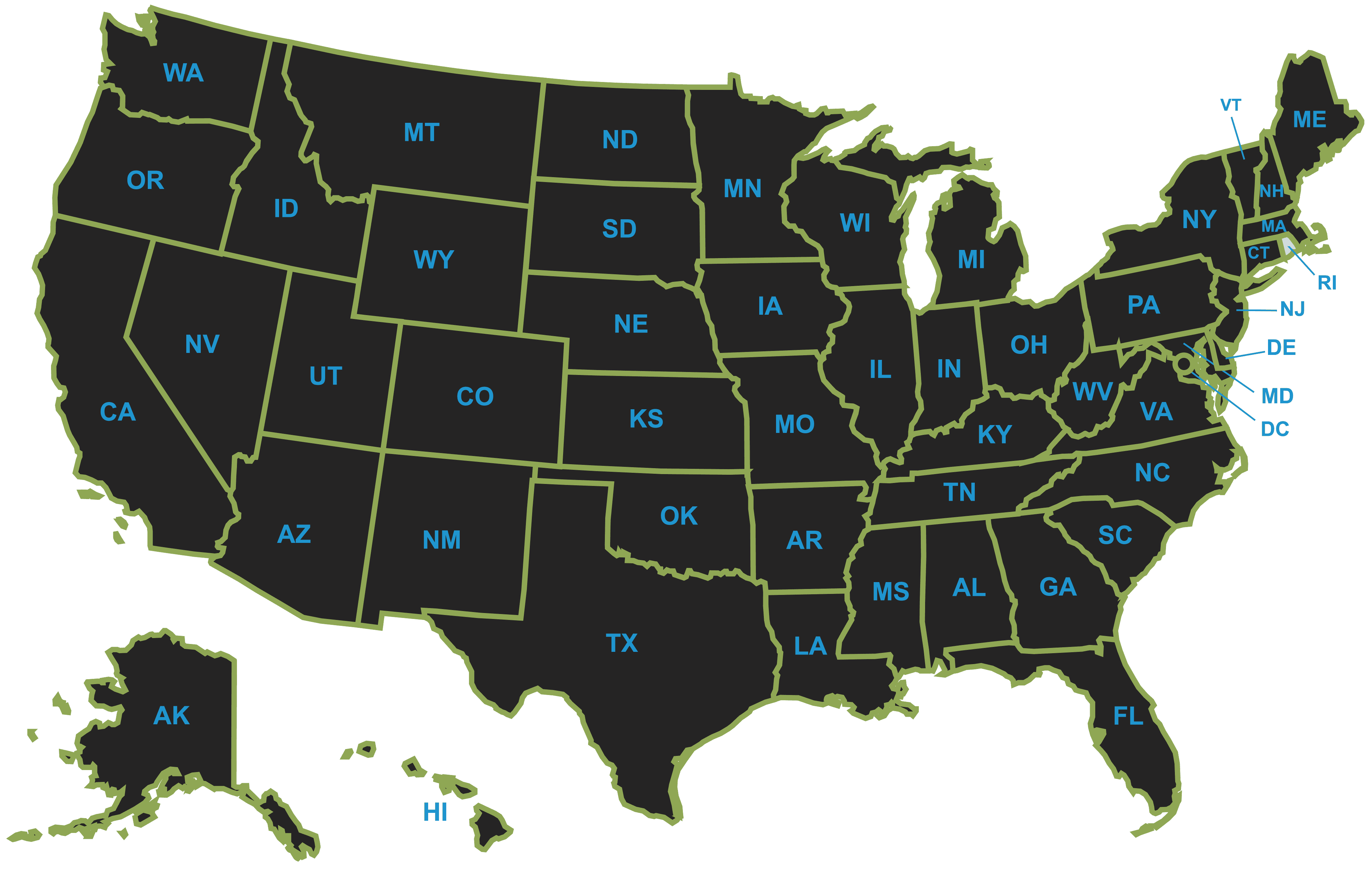Why You Need Landlord Insurance
When you own a rental property, you’re not just a homeowner anymore – you’re a business owner. That means more risks, more responsibilities, and more reasons to have the right protection. Landlord insurance covers you against property damage, liability claims, and even loss of rental income if your property becomes uninhabitable. Trust me, this is not something you want to overlook.

